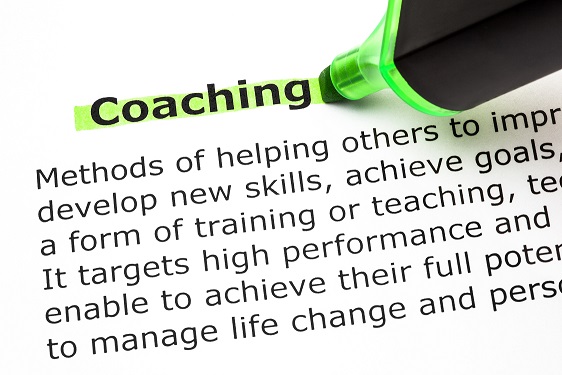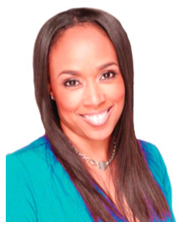
How To Coach The Uncoachable
Working with individuals of different personalities, ideas and interests is one of the most challenging parts of being in business. As a coach, you will encounter a variety of personalities with characters ranging from manageable to just plain shrewd. This will probably bring your brows together and create creases on your forehead, but it’s also the most exciting part of coaching — coaching the uncoachable.
Much like communication, the coaching process requires participation from both the coach and the coachee. It has to be a two-way process where both will take time in listening and responding. To be able to succeed as a coach, you have to be able to get your client’s active involvement in the process. But how do you get your client actively involved when they don’t want to be?
Here are some tips:
Build Your Authority
You don’t have to go around pushing everyone to do what you ask them to. This is a wrong notion of authority. Because people tend to follow the experts, it is important that you show your clients that you have significant knowledge of the field you are in. By showing a good portfolio, giving them valuable analysis of their personal and professional life, and showing them the best way to increase their performance, they will adhere to your suggestions right away.
Months ago, I was coaching an executive who was resistant to my suggestions. I shared with her the success stories of my other clients, who used the tools I gave them. Since she was still resistant, I used a different tack: I cited theories and studies of the effectiveness of the tools. I also discussed my personal involvement on some of these same studies. It inspired a total change and she picked up everything I recommended.
Show Genuine Concern
While the goal of coaching is to lead your clients to the attainment of their goals through motivation and encouragement, others may see this as plain money-making. Because of this, there will be clients who will think that you will less likely share everything you know. This will inhibit them from opening up and accepting your services. By showing them that you are committed to leading them toward the accomplishment of their goals, you will increase the chances of having them welcome you as a coach and a mentor.
As a precursor to a career coaching engagement, I conducted a 360-degree assessment for my coachee. Top results indicated that he was an extremely private person who takes time to open up to others. I confirmed this on my first coaching session with him and decided to share some personal experiences I had that were similar to what he was going through in his career. Once he realized that we were on the same boat at one point of our lives, and I was determined for him to succeed, he became more open and receptive to the coaching process.
Introduce Changes Gradually
One of the things that your clients are afraid of is the alteration of customs and methods they were used to practicing. Most are unwilling to accept new standards for their personal and professional life and question the introduction of new ways. However, the fear of change can be reduced, if not eliminated, by gradually introducing new ways to improve habits, perceptions and paradigms. Make sure that you also show your clients that their beliefs will not be compromised should the changes take place.
Roadmaps are one my favorite and most effective coaching tools. I provide my coachees a big-picture perspective of the entire coaching process and the changes that will happen because of it. The roadmap shows them the extent of the changes that need to be made, and at the same time, shows them that change can happen in phases and at a pace that they can set.
Use Different Tools To Persuade
You must remember that in coaching, you are trying to persuade your clients toward a path that you think will work best for them. Take note that persuasion is symbolic, which means that you have to use all tools available to encourage your clients to follow your lead. Use not just words but present ideas through pictures and videos as well. This will not only start a spark of interest but also deepen the understanding of the direction you are leading them.
Learning styles is one of my areas of expertise and I make sure to apply these styles on developing tools to persuade my coachees. The spoken word belongs to the auditory style of learning, but there are also other learning styles, such as visual, kinesthetic and the newest, digital. Use these styles to help you cover all your bases when encouraging change to your clients.
It is important to know the underlying cause of your clients’ reluctance to engage so you can overcome it. By practicing these steps, you will encourage the active participation of even your most resistant clients in the coaching process. Remember, the success of coaching lies in the relationship between you as a coach and your clients.
Check out my article on Forbes: http://www.forbes.com/sites/forbescoachescouncil/2016/05/05/how-to-coach-the-uncoachable/#420c2c497938
Phone: (404) 287-0619
Email: askdrcherry@gmail.com
Blog: https://drcherrycoaching.com/myblog/
Web Personality Matters: www.pmatters.org
Web Dr. Cherry: https://drcherrycoaching.com/
My latest books:
Image: Shutterstock paid subscription all rights reserved

